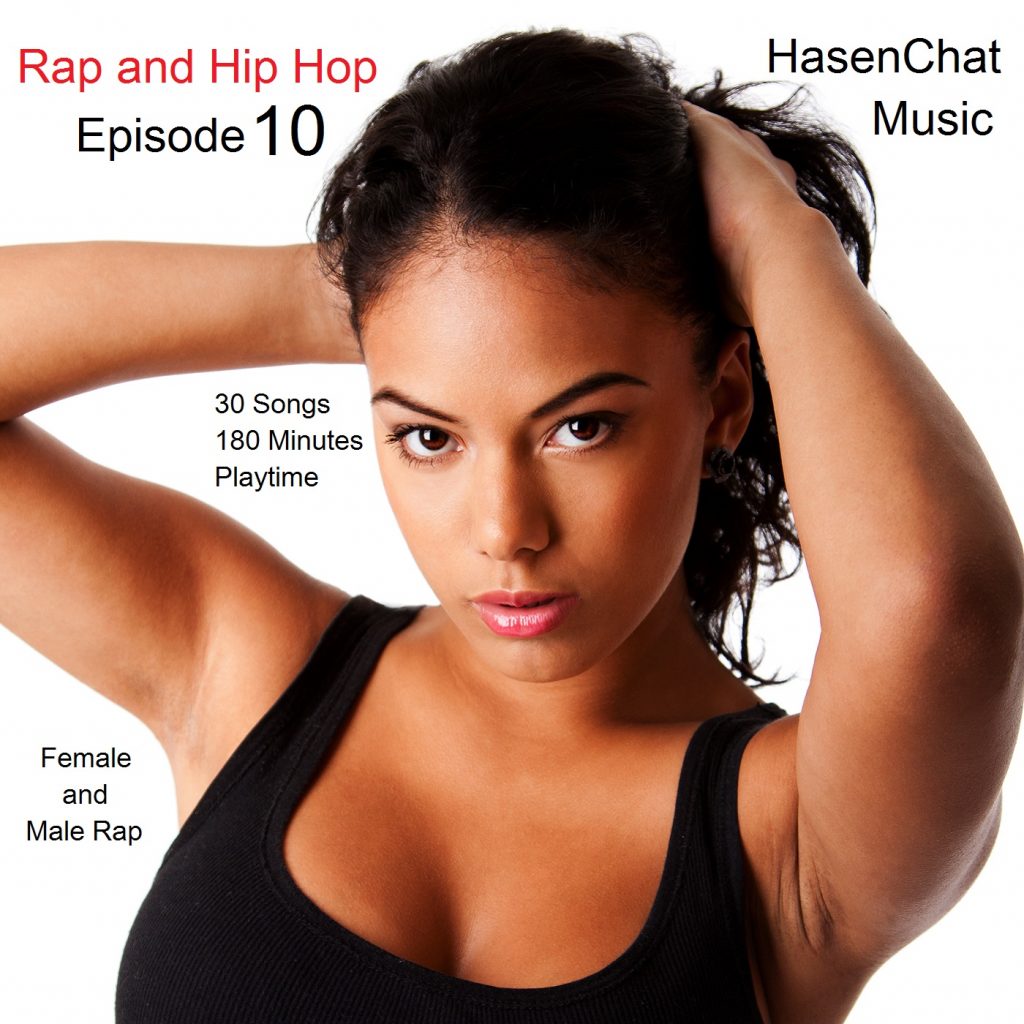
Rap and hip-hop have steadily grown in popularity in Belgium over the years, with a thriving local scene and artists who have gained recognition both nationally and internationally. Here are some key aspects of rap and hip-hop in Belgium:
1. Bilingual Rap: Belgium’s unique linguistic diversity, with Dutch and French as primary languages, has influenced the country’s rap scene. Many Belgian rappers incorporate both languages into their lyrics, creating a bilingual and multicultural hip-hop experience.
2. Francophone and Flemish Scenes: Belgium has both a Francophone (French-speaking) and a Flemish (Dutch-speaking) rap scene. Brussels, with its bilingual culture, often serves as a hub where artists from both communities collaborate and share their music.
3. Diverse Styles: Belgian rap and hip-hop encompass a wide range of styles, from conscious and socially conscious lyrics to trap and more mainstream sounds. This diversity allows artists to explore various themes and musical directions.
4. Emerging Talent: Several Belgian hip-hop artists and groups have gained recognition for their talent and unique styles. Notable names include Stromae, Damso, Hamza, Roméo Elvis, Angèle, and many more.
5. Collaborations: Collaboration is common within the Belgian rap scene, as artists from different linguistic backgrounds often work together to create music that reflects the country’s multicultural identity.
6. Festivals and Events: Belgium hosts various hip-hop events and festivals, such as Couleur Café, which showcases hip-hop, reggae, and world music, and the Brussels Summer Festival, featuring diverse musical genres including hip-hop.
7. Media and Platforms: Belgian rap artists have used both traditional and digital media to promote their music. YouTube, social media, and streaming platforms have played a significant role in the rise of local talent.
8. Impactful Lyrics: Belgian hip-hop often addresses social and political issues, as well as personal experiences. Many artists use their music as a platform to comment on society, culture, and identity.
9. Awards and Recognition: Belgian hip-hop artists have received accolades and awards, not only within Belgium but also at international music events and award shows.
Overall, rap and hip-hop have found a welcoming and growing audience in Belgium, and the genre continues to evolve, reflecting the multicultural and multilingual nature of the country. Belgian hip-hop artists have made their mark both locally and internationally, contributing to the global hip-hop culture while staying true to their unique Belgian identity.